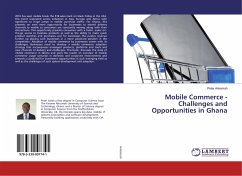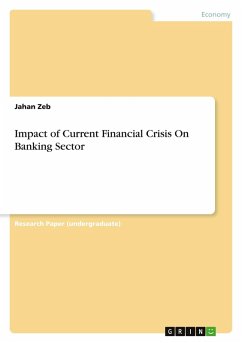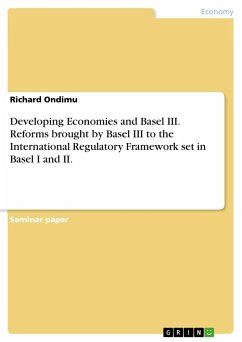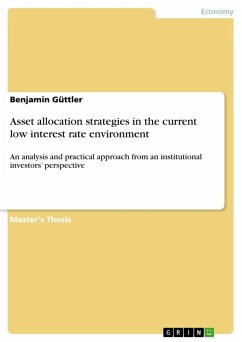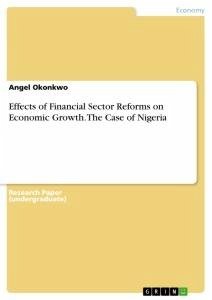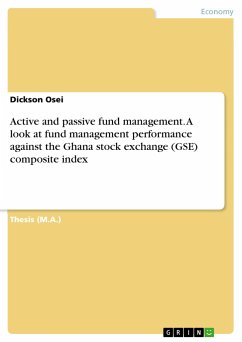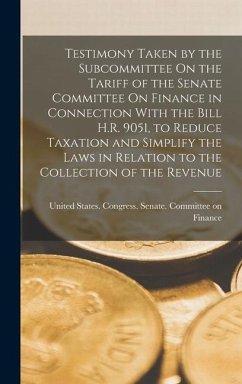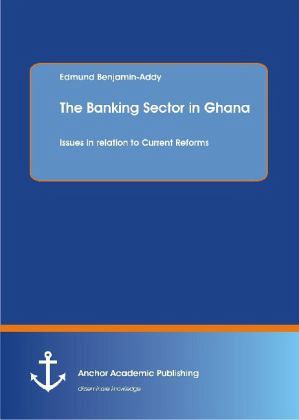
The Banking Sector in Ghana: Issues in relation to Current Reforms
Versandkostenfrei!
Versandfertig in 6-10 Tagen
54,99 €
inkl. MwSt.

PAYBACK Punkte
0 °P sammeln!
For in recent times, a lot of banks have rated Ghana a good destination to extend their operations, the competition in the banking industry has heightened. To ensure that banks maintain adequate working capital, the industry regulator, i.e. the Bank of Ghana, issued a directive instructing all commercial banks to ensure that by the close of December 2012 their operating capitals do not fall below GH Ct. 60million. At the close of December 2011, almost all foreign banks had complied. However, some of the local banks are sensing serious limitation in meeting the order. Therefore, the study has t...
For in recent times, a lot of banks have rated Ghana a good destination to extend their operations, the competition in the banking industry has heightened. To ensure that banks maintain adequate working capital, the industry regulator, i.e. the Bank of Ghana, issued a directive instructing all commercial banks to ensure that by the close of December 2012 their operating capitals do not fall below GH Ct. 60million. At the close of December 2011, almost all foreign banks had complied. However, some of the local banks are sensing serious limitation in meeting the order. Therefore, the study has the objective to identify the challenges these banks have to face and thereby, the author will recommend avenues for raising funds to meet the proposed capital requirement.
This study is based on six banks that operate in the Accra business district, namely the National Investment Bank (NIB), the Ecobank Ghana Ltd. (ECB), the Prudential Bank, the Ghana Commercial Bank, the Merchant Bank Ghana and the Zenith Bank.
Primary data was obtained by soliciting views from bank officials on questions as the following. Which challenges confront Ghanaian Banks in their cash mobilization efforts? How could the banks generate more funds from the Ghana Stock Exchange? What efforts were made to secure funding from strategic investors? How could they reduce operating cost to enhance working capital?
The second data set is based on financial statements and brochures of the banks. There was a direct approach to officers of these banks whose job description included liquidity adequacy or assets liability management. The questionnaire technique was adopted as the ideal research instrument. Moreover, the data was analyzed by means of SPSS application, TOPAZ and further, the resulting charts and graphs were featured.
This study is based on six banks that operate in the Accra business district, namely the National Investment Bank (NIB), the Ecobank Ghana Ltd. (ECB), the Prudential Bank, the Ghana Commercial Bank, the Merchant Bank Ghana and the Zenith Bank.
Primary data was obtained by soliciting views from bank officials on questions as the following. Which challenges confront Ghanaian Banks in their cash mobilization efforts? How could the banks generate more funds from the Ghana Stock Exchange? What efforts were made to secure funding from strategic investors? How could they reduce operating cost to enhance working capital?
The second data set is based on financial statements and brochures of the banks. There was a direct approach to officers of these banks whose job description included liquidity adequacy or assets liability management. The questionnaire technique was adopted as the ideal research instrument. Moreover, the data was analyzed by means of SPSS application, TOPAZ and further, the resulting charts and graphs were featured.





